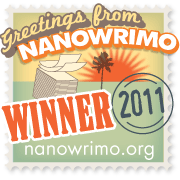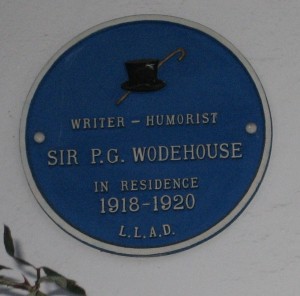I’ll be honest. I initially bristled at the whole idea of KDP select:
- Don’t like the exclusivity clause. Don’t really see how that benefits Amazon, either. Just seems to me it’s their way of throwing their weight around.
- The $500,000 pot is a joke. What are the odds that some Amazon Prime member will pick my book as the one book he/she borrows that month? Vanishingly small. I’m an unknown, remember? I’ve read that an estimated 27,000 titles were enrolled in KDP Select within the first 24 hours. Explain to me how my book stands out among tens of thousands of other titles? Answer. It won’t. The writers who are going to collect a more than a few pennies from that pot are the same writers who are making money self-publishing already.
So why enroll?
Because my sole hope, as an indie author, is that my novels are good enough that over time I’ll start generating word of mouth.
And that comes down to a numbers game. Everyone who has read my novels has told me they think they are really good. (Yes, I realize that’s a sample that self-selects — i.e. people who don’t care for it aren’t too likely to let me know.)
But “everyone” so far consists of a really small group of people. Embarrassingly small.
As a side note, there are two categories of indie author who have an easier battle.
First: genre writers, because you have a ready-made audience and all the benefits of the publishing industry’s genre-centric communications apparatus. Your books fit neatly into the categories and tags for example.
Second: the mid-listers — people who have a backlog of titles they can take over and self-pub.
Notice that in almost every indie “success story” you read, the writer fits into at least one of those two categories (and very often both).
Me? I don’t write genre, and worse yet my books incorporate elements of genre but also elements of lit fic. And I’m starting from absolute scratch — I had a couple of non-fic books published traditionally but other than that, nobody knows who I am.
I love the idea of Smashwords, but if there’s a way to leverage it to generate exposure, I haven’t figured it out. For example, I’ve participated in several of the Smashwords Facebook promos (such as Freebie Friday, where you post a coupon code for a free copy of your book). At most it’s gotten me a handful of downloads.
And here’s the thing: with KDP Select, Amazon lets you give away free books.
So I talked it over with one of my best indie author buddies, Peazy Monellon (here’s her debut horror novel, Meany) and enrolled Can Job.
Yesterday I offered a 24-hour promotion.
285 people downloaded my novel.
I don’t know how else to put a free copy of my ebook in the hands of 285 Amazon customers.
Now, how many of those people will actually read my book? Who knows.
But if even a fraction do, and if out of that fraction one or two write reviews, or decide that they want to buy When Libby or something else I publish — well, then I’ll count this experiment a success.
Stay tuned. I’ll let you know how it works out long term . . .






